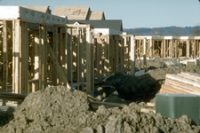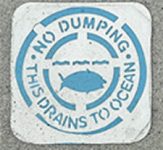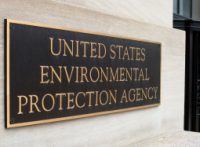Category: Special Topics in Environmental Management
2012 Construction Stormwater General Permit Cheat Sheet
What’s Important When Developing a SWPPP for Your Construction Site
6 Required Things Your SPCC Plan May Be Missing
EPA Gets Serious About SPCC Inspections
Are You Prepared for an SPCC Plan Inspection?
By Amanda Czepiel, J.D. BLR Legal Editor For many, that question will be answered during an EPA inspection. Your best bet to pass an SPCC plan inspection? Be prepared. EPA has been conducting SPCC plan inspections since 1973 in an effort to minimize oil spills from reaching U.S. waters, and in recent years, has stepped […]
SPCC Requirements: What Does EPA Mean When It Says …?
The determination of whether your facility has the potential to discharge, or "could" discharge, is based on the location of your facility in relation to streams, ponds and ditches (both perennial or intermittent), storm or sanitary sewers, wetlands, mudflats, sandflats, or other navigable waters. You should take into account the distance to navigable waters, volume […]
Keeping Up with SPCC Amendments
The SPCC regulations were last amended October 2011 to extend the date for SPCC compliance for farmers to May 13, 2013, effective immediately. Another recent amendment was the one made in October 2010, which extended the compliance date for certain facilities. The bulk of the recent changes were the November 9, 2009 amendments, which had […]
More SPCC Q&As
In terms of SPCC regulations, are there any broader or stricter views of the definition, for example, of navigable waterway? The definition of “navigable waterways” has not been expressly addressed in the new rule revisions. EPA has always held a very broad definition of what navigable waterways meant. I’ve seen very few facilities that could […]
Popular SPCC Questions Answered
Under the new rules (the amendments passed in 2010), what are the excess volume requirements for secondary containment? Under the new rules, there was a lot of debate about this in past versions of SPCC rules and past SPCC enforcements. Basically, the rule says you must have secondary containment equal to the amount of oil […]








